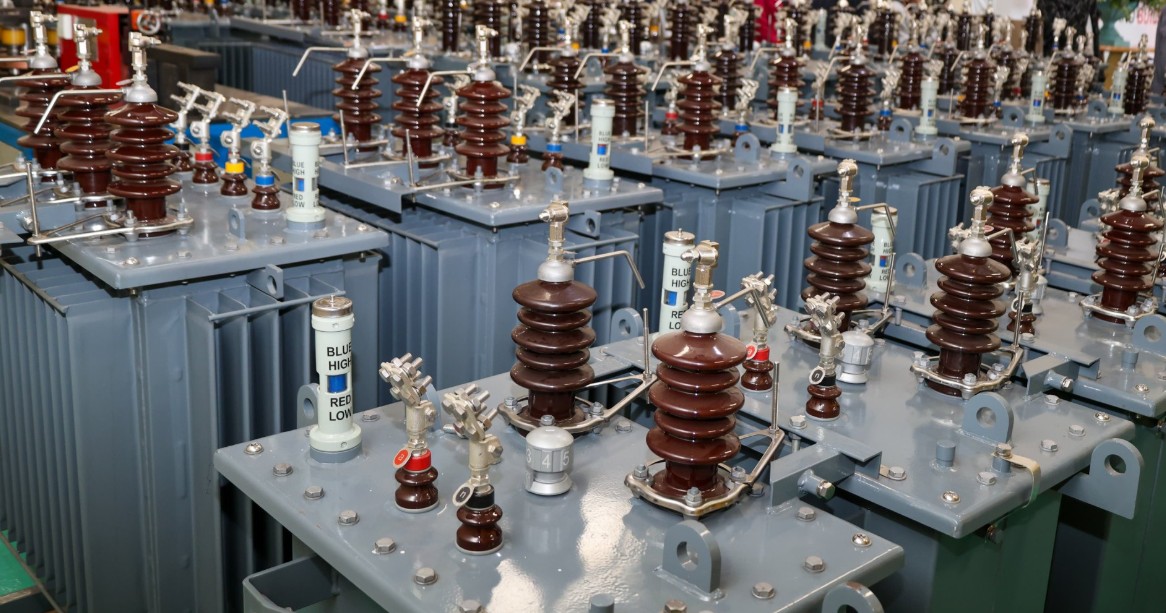How govt's failure to consult caused unintended 25pc tax burden on power consumers

The imposition of the excise duty has resulted in a significant increase in the cost of transformers, further raising the price of power and its connectivity.
Details have emerged that Members of Parliament passed a law imposing a 25 per cent tax on imported electricity transformers to protect local manufacturers, only to later discover that no transformers or their parts are actually produced locally.
Kenya Power, in testimony to the Finance and National Planning Committee of the National Assembly, confirmed that neither the transformers nor their parts are manufactured in Kenya.
More To Read
- State agencies, counties owe Kenya Power Sh4.67 billion in unpaid bills - Auditor General
- Kenya Power ends manual applications, new connection requests exclusively via website
- Over 16,000 in the dark as Kenya Power struggles to procure essential meters, transformers
- 122 electrocuted as illegal connections, encroachment rise - Kenya Power
- County governments owe Kenya Power Sh5.67 billion in unpaid electricity bills - report
- Kenya Power rolls out digital meter reading system to boost billing accuracy
The company also revealed that it was not consulted before the tax was imposed.
The revelation has raised concerns over the legislative process, especially how the National Treasury proposed the tax without input from Kenya Power, the main consumer of transformers.
The tax, which has been in effect for almost four months, has had significant negative impacts, including rising costs for electricity power connectivity and disruptions to supply.
“We have been trying to protect local manufacturers, but on this one, we did not do proper consultations,” said Kitui Rural MP David Mwalika, who chaired the committee session during a stakeholder input meeting on the Excise Duty (Amendment) Bill 2025, which seeks to address the issue.
The excise duty was introduced under the government-sponsored Tax Laws (Amendment) Bill, which was passed last year and became operational on December 27, 2024. It was intended to support local production.
However, the Finance and National Planning Committee was told that the firms listed as local manufacturers were assemblers, not actual manufacturers. This means that the law’s intended goal of boosting local production has not been achieved, as imported transformer parts are now subject to the same 25 per cent excise duty, leading to higher prices across the board.
Documents presented by Kenya Power to Parliament revealed that one of the supplier companies procures an average of 4,000 transformers every year, which are used for replacing old units and connecting new customers.
With a replacement rate of about four per cent for the 82,000 transformers in use, approximately 3,200 transformers need to be replaced annually.
The imposition of the excise duty has resulted in a significant increase in the cost of transformers, further raising the price of power and its connectivity.
In response to the backlash, the government said it is seeking to amend the law through the Excise Duty (Amendment) Bill 2025 in an effort to correct the unintended consequences and address the concerns raised by Kenya Power and other stakeholders.
Top Stories Today










































